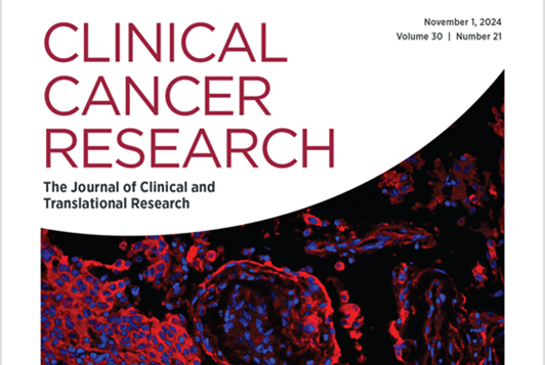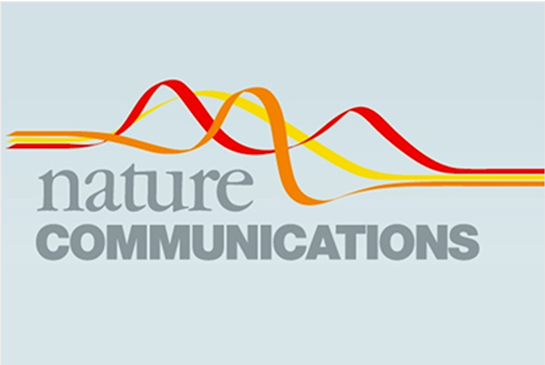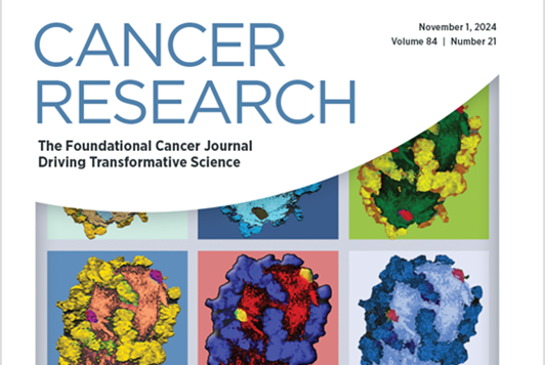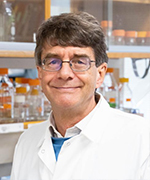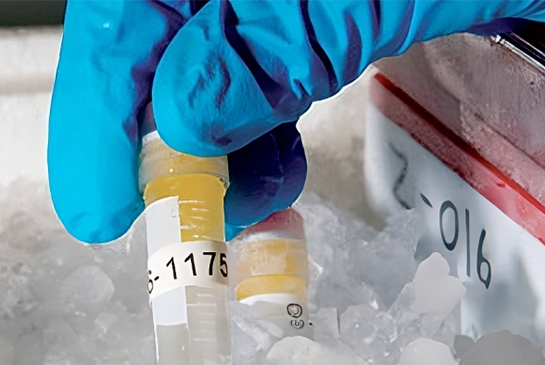Cancer Research at UC Davis
Integrated Cancer Biology
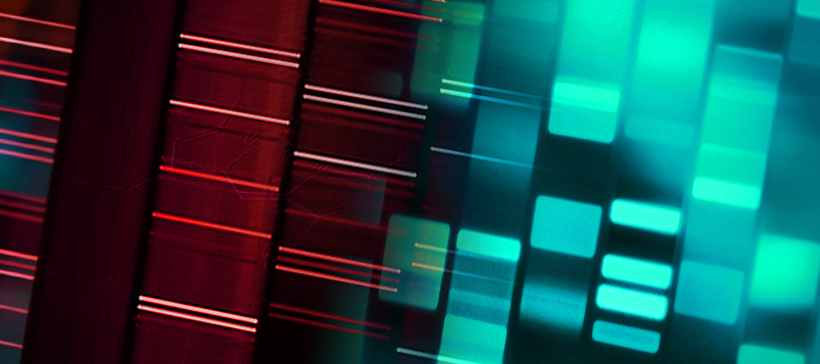
The Integrated Cancer Biology Program advances the understanding of the dysregulation of critical pathways that lead to cancer initiation, progression, metastasis, and recurrence through definition of mechanisms of genome stability, interrogation of key signaling and metabolic pathways, and identification of mechanisms that impact the tumor microenvironment and tumor immunology.
The program promotes breakthrough scientific discoveries of cancer biology, which are the basis of translation from preclinical studies into the development of potential prognostic markers and therapeutic strategies. Also studied are specific processes related to cancer cells, including molecular mechanisms involved in the DNA damage response, pro-tumorigenic gene stimulation, and invasive cellular behaviors, which point to novel sites of intervention. The program offers expertise in comparative oncology, molecular biology, biochemistry, and immunology to cancer center investigators, drives conceptual and technological innovations, and fosters interactions with other research programs to develop disease-oriented translational research.
Membership Resources for Researchers
Involved in cancer research? Join UC Davis Comprehensive Cancer Center, the only NCI-designated comprehensive cancer center serving inland Northern California and the Central Valley. Collaborate with top researchers, access resources and contribute to our mission. Open to UC Davis faculty and LLNL researchers with a focused interest in cancer or related disciplines. Learn more about membership and resources.
-
Xinbin Chen, D.V.M., Ph.D.
View profilearrow_forwardProfessor, Department of Surgical and Radiological Sciences
Expertise: mechanisms and regulation of tumor suppression; P53 family proteins
-
Wolf-Dietrich Heyer, Ph.D.
View profilearrow_forwardDistinguished Professor and Chair, Department of Microbiology and Molecular Genetics
Expertise: mechanisms and regulation of maintaining genomic stability; discovered MUS81 endonuclease; first to purify full-length human BRCA2
Shared Resources
UC Davis researchers have centralized access to specialized expertise, consultation, infrastructure, and equipment for cutting-edge research.
Grant Development and Submission
The Cancer Center Office of Grant Development offers full-service pre-award support for grant development, writing, and submission.
Education, Training and Workforce Development
The Office of Education, Training, and Career Development supports the career growth of cancer scholars across all academic levels.


